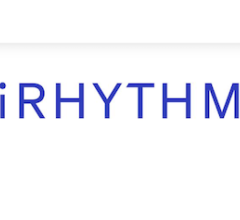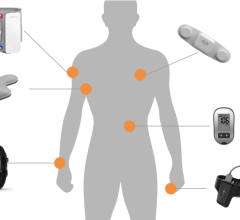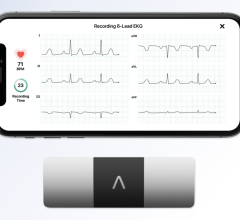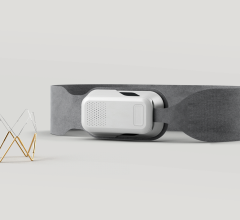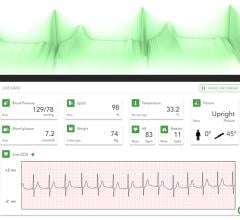
September 26, 2014 — Biotronik announced that the results of the EDUCAT study support a link between patient comprehension and clinical acceptance regarding remote monitoring. The study underscores the benefits of Biotronik Home Monitoring, showing that deepening patients’ knowledge of remote monitoring technology increases their understanding of its benefits. In turn, better understanding can lead to greater success in therapies that use this technology, while also lessening the anxiety and uncertainty associated with heart disease.
The Patient Education and Home Monitoring (EDUCAT) study was a prospective, observational, multicenter study of 571 enrolled patients who were implanted with a Biotronik Lumax ICD (implantable cardioverter device) and remotely followed for six months. Patients were asked to fill out two questionnaires: Q1, given to patients at the time of study enrollment and intended to be completed anonymously after one month, evaluated the quality of training delivered at individual implant centers. Q2, completed anonymously six months after implant, measured the anxiety of the patient as well as their acceptance of Home Monitoring.
According to the study, better comprehension of the uses of remote monitoring corresponded with a number of positive patient impressions. Home installation of the CardioMessenger device, which receives signals from the implant and transmits them to the physician, was stress-free in 93 percent of patients. Although 99 percent of patients described the device as “useful,” patients who understood the system better were more likely to describe it as “unobtrusive, simple, small and reassuring.” Finally, 98 percent of patients even considered using Home Monitoring after the study’s completion, demonstrating that the technology can be easily adopted into patients’ daily lives. Furthermore, the EDUCAT results indicate that improving patient comprehension is relatively simple and straightforward: most of the methods trainers used in informing patients are already standard in post-implant communication.
“Although Home Monitoring is a fully-automated system that requires no patient interaction, our study has shown that patient trust in such a system greatly improves its success,” said principal investigator Gabriel Laurent, M.D., Ph.D., University Hospital Center Le Bocage, Dijon, France. “Heart conditions can be difficult to manage, and as a result, many patients report undue amounts of stress that may negatively impact their quality of life. The better we are able to explain such a system to them, the more likely patients are to see it as a reminder that caregivers are standing by.”
For more information: www.biotronik.com


 September 16, 2025
September 16, 2025 


